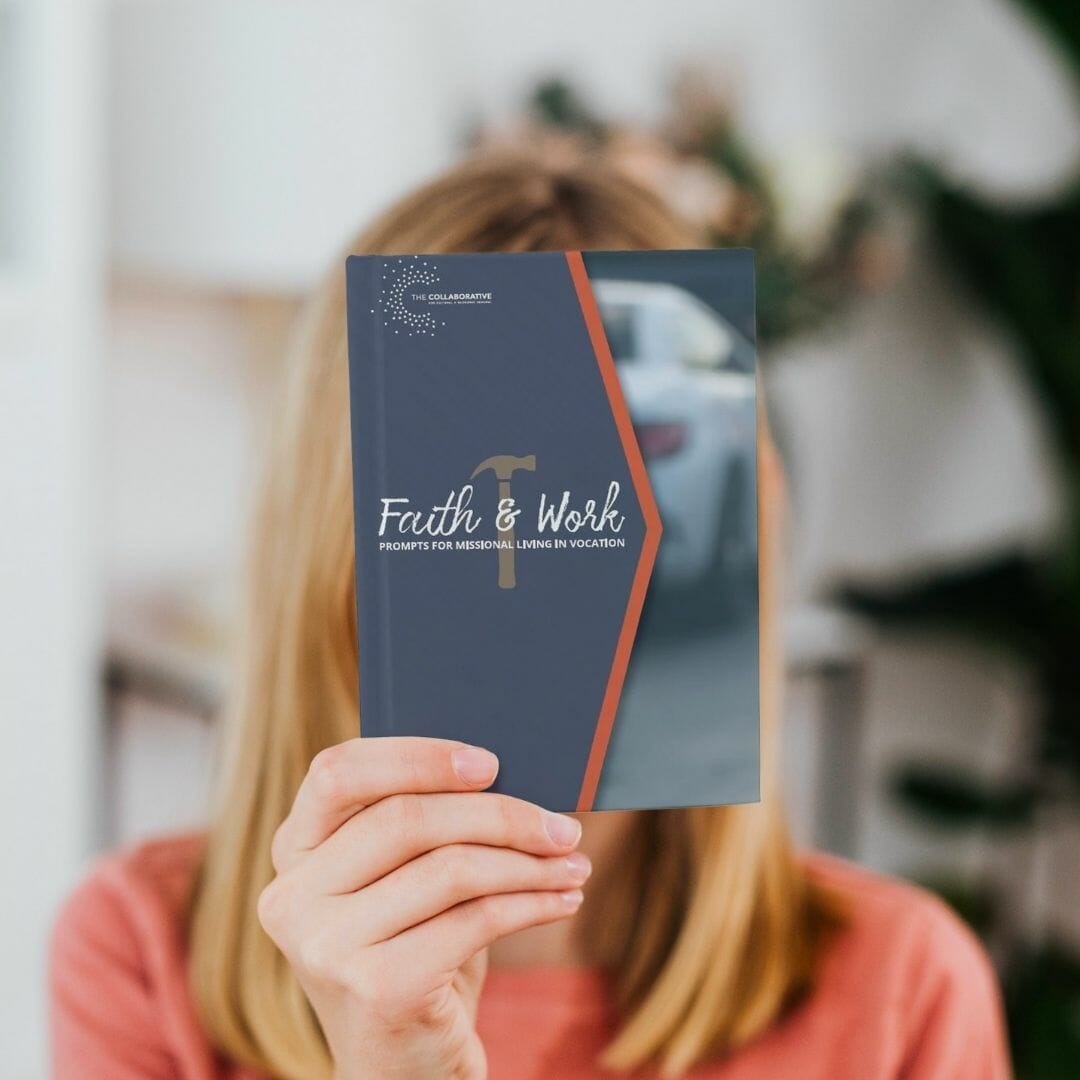Welcome to our new blog format. The Collaborative is constantly striving to improve the things we are involved with and this blog is no exception.. We are hoping our new approach will be seen in this light. Instead of publishing an article weekly, we will be posting twice a month ( on the second and fourth Wednesdays of the month.) The second Wednesday will feature a longer blog, which will allow for more substantive, but still accessible articles. The blog post for the fourth Wednesday will be a little lighter like a book review, a spotlight on someone, or some sort of list. This week’s blog is by David Swanson who writes a book review on the latest installment by David Brooks, The Second Mountain.
While not a social scientist by trade, New York Times columnist David Brooks has become one of the most sound, sane and well-reasoned voices in analyzIng our current cultural landscape. Far from the bombastic, politically-tainted voices of many in the media, Brooks does a masterful job of connecting the dots on social trends and human behavior while remaining unflagging in his willingness to shed light in dark places.
His most recent book, The Second Mountain: The Quest for a Moral Life, is certainly at the top of his achievements as a writer. What makes the book even more enjoyable and engrossing is Brooks’ authentic and vulnerable self-examination, going so far as to critique some of what he wrote in his first book, The Road to Character, and also giving a thorough review of his recent spiritual transformation.
The first section of the book compares the two mountains. The first is the mountain where most people seem to be living, the mountain of what Brooks calls “hyper-individualism.” The first mountain is about performance, measuring up, succeeding at life, getting in the right group – in essence, the first mountain is about achieving personal happiness. Sadly, the first mountain is an empty pursuit, a meaningless climb.
The second mountain is vastly different. The second mountain is for those who have subjugated personal ego to something greater. They want to be consumed by a greater good, a moral cause. He quotes C.S. Lewis who wrote “The load, the weight, or burden of my neighbor’s glory should be laid daily on my back, a load so heavy that only humility can carry it, and the backs of the proud will be broken.” It is quite a mountain to climb, but Brooks maintains that those who pursue it are far more joyful and satisfied in life for they live a life of meaning and purpose.
The second half of the book is spent developing his central theme: second mountain people are planted. They make solid commitments to one or more of these four things: a vocation, a spouse and family, a philosophy or faith, and a community. The result of people who live grounded in these four areas is beyond happiness. The result is joy. He writes, “The people who radiate a permanent joy have given themselves over to lives of deep, loving commitment. Giving has become their nature, and little by little they have made their souls incandescent.”
He concludes with what he calls The Relationalist Manifesto. The Second Mountain has a relationalist world view, one in which “relation, commitment, and the desires of heart and soul are at the center.” We are not and should not allow ourselves to become autonomous individuals. We are linked one to another in our collective humanity, and it is only as we realize that and live into it that we find the life for which we yearn. This is where I would have liked for him to emphasize the role of Christian faith, but he elects not to do that. He gives a wonderfully detailed testimony of his own journey and makes it clear that all should seek answers to one’s spiritual questions.
I found the book tremendously engaging and worthwhile because it names and moves against the scourage of our time: the endless pursuit of self. Life is found when we pursue what is larger and greater than self, and that is ultimately found in Christ. Those are my words, not Brooks’, but his readers will be brought very near to that same conclusion.
David Swanson is the senior pastor at First Presbyterian Church of Orlando and periodically writes for The Collaborative.
Thanks to Etienne Bösiger for their photo on Unsplash.



